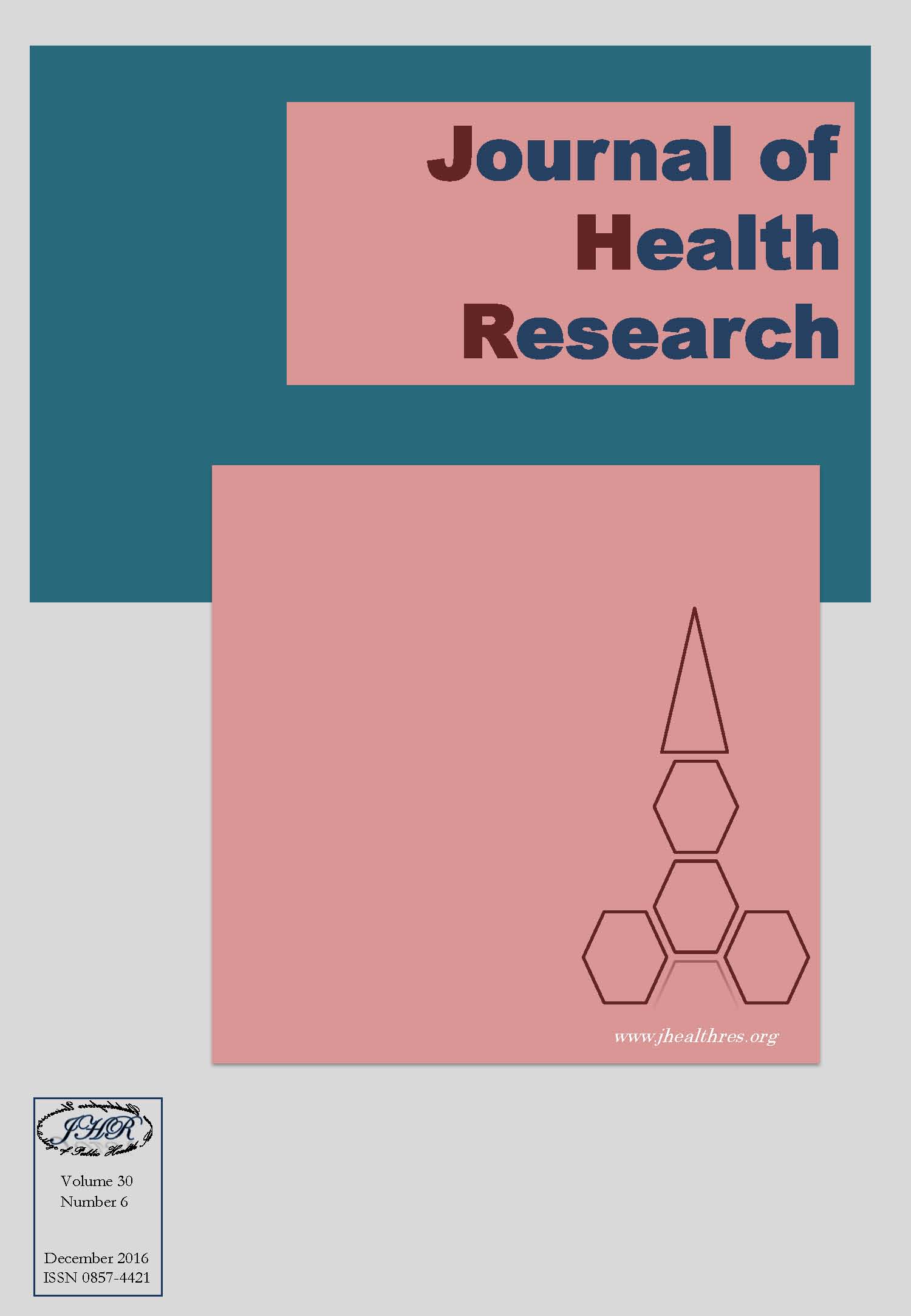Medical tourism within the medical hub policy: reviewing the need of a balanced strategy for health inequality reduction in a Thai context
Keywords:
Medical tourism, Health tourism, Health inequality, ThailandAbstract
Medical tourism is a growing global industry in the world today, with Thailand being one of the top destinations of medical tourists. Since 2003, the Thai government has initiated the Medical Hub Policy which was intended to make Thailand “the center of excellence for medical services within the region.” The policy has prompted large-scale development programs among private hospitals in Thailand, and the implementation of the policy is ongoing. However, besides the anticipated huge economic returns from the medical tourism sector, there are important concerns regarding poential health inequality among Thais as a result of it. This paper aims to highlight issues in health inequality such as reduced equitable access and quality of care due to medical tourism, and to suggest some implementable strategies that could be used to reduce them. Some of the issues causing health inequality are the public to private brain drain, rising costs of medical goods and services as well as quality of healthcare in public hospitals. Strategies proposed to overcome these shortcomings include the cross-utilization of facilities, national service for physicians, and industry-specific tax. In conclusion, strong political will is required to put in place concrete measures to prevent health inequality which is already growing in Thailand due to medical tourism. This will ensure that the economic gains of medical tourism are not offset by its social costs to the people of Thailand.







